What’s the Go programming language really for?
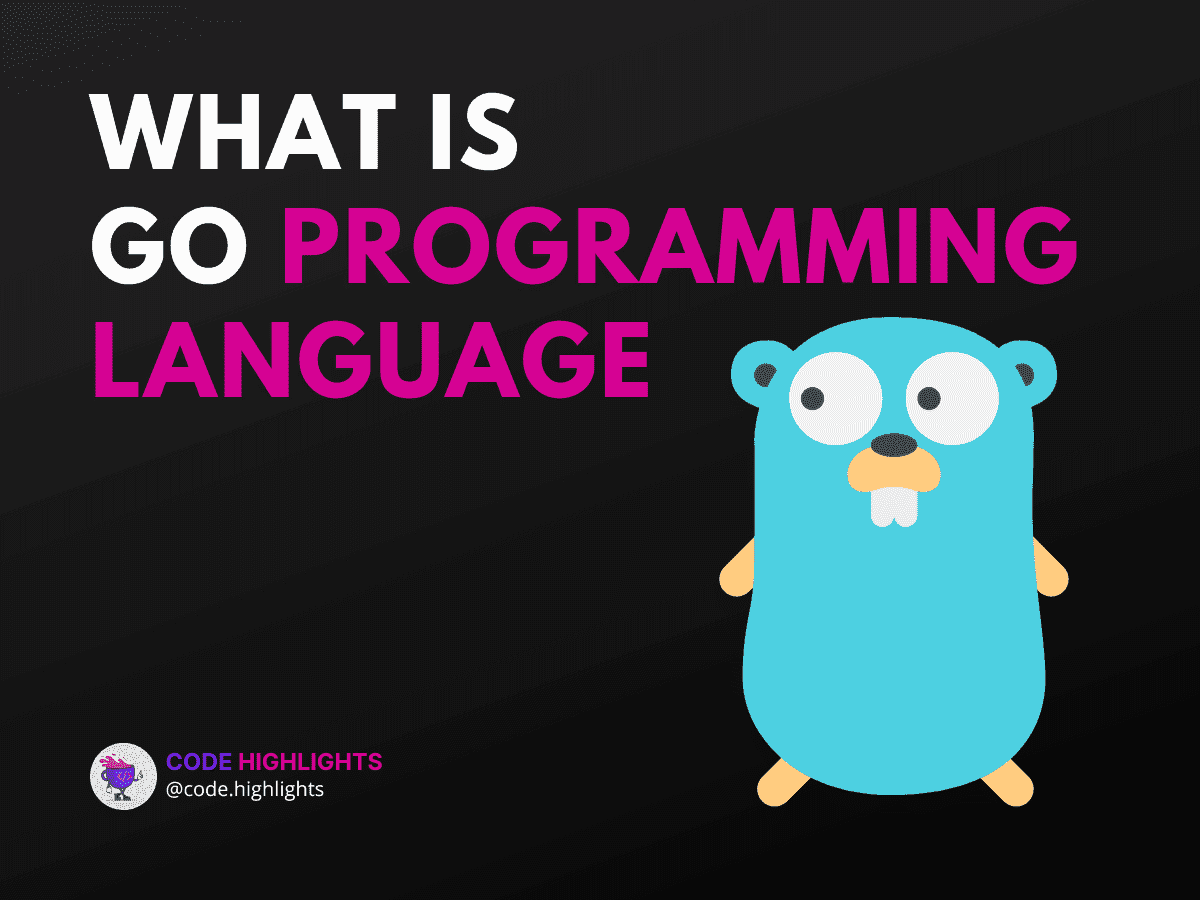
- Introduction
- Background on Go Programming Language
- Benefits of Go for Developers
- 1. Performance
- 2. Concurrency
- 3. Easy to Learn
- 4. Open Source
- 5. Great for Networking and Systems Programming
- Disadvantages of Using Go
- Limited number of libraries and packages
- Immature ecosystem
- Statically typed language
- When to Use Go
- 1. Web Development
- 2. Data Processing
- 3. Networking and Systems Programming
- 4. Cloud Computing
- 5. Distributed Systems
- Conclusion
- Further Reading
Introduction
Google’s Go programming language was released in 2009 and is a statically typed open-source project. It has quickly become the language of choice for making scalable and effective systems because its syntax is easy to understand, it runs quickly, and it supports concurrency.
Background on Go Programming Language
Since Go came out to the public in 2009, when it was first made available, the software development community has embraced it. The language’s reputation rests on its simplicity, speed, and low resource use. Go has a powerful core and a large standard library that can be used for many different kinds of programming.
Because Go is an open-source language, its source code is available to the public and can be altered and redistributed by anyone. Because of this, a large group of dedicated programmers has grown up who work together to improve the language and help newcomers. Developers can save time building and deploying software thanks to the Go community’s abundance of third-party libraries and packages that are compatible with Go applications.
Benefits of Go for Developers
Go is widely thought to be a great choice for programmers of all skill levels because its syntax is easy to understand.
Because the syntax is clear, easy to read, and simple, it takes less time to write and maintain code. Go also has a strict and consistent way of writing code, which makes it easier to write code that can be kept up to date and makes bugs and mistakes less likely.
1. Performance
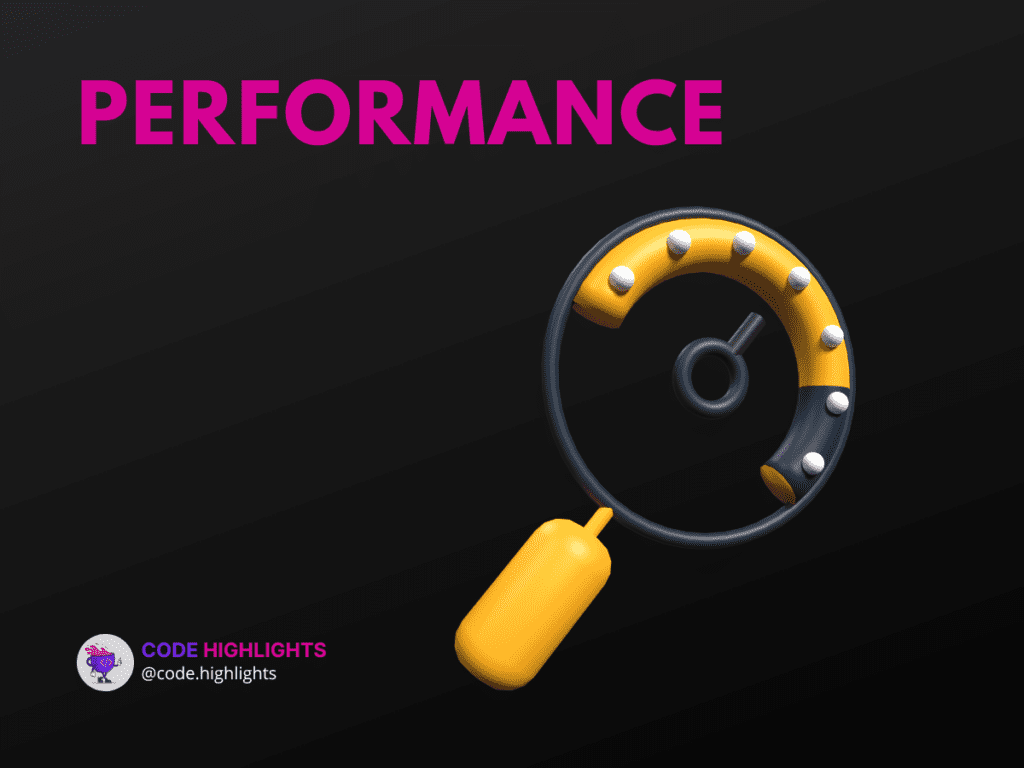
Go is fast because it can use its resources well and process huge amounts of data quickly.
The fact that the Go programming language is compiled to machine code makes it run faster than interpreted languages like Python and Ruby.
Also, Go’s garbage collector helps control how much memory is used by freeing up memory that is no longer needed. This makes Go more efficient and reduces the chance of memory leaks. Go has a good garbage collector built in, so the developer doesn’t have to worry about how to handle memory. This could speed up the process of making software and make it more reliable and efficient at the same time.
2. Concurrency

Go’s concurrency features are among its most notable qualities. Built-in concurrency primitives in Go, such as Goroutines and Channels, simplify the creation and administration of multithreaded programs.
This makes it possible to make apps with many threads that use few resources and can handle a lot of data and user activity.
3. Easy to Learn

Go’s easy-to-understand syntax and uncomplicated design make it a popular choice among programmers.
Because of this, it’s a great choice for both new and experienced programmers who want a fast and reliable language to use when making apps. If a developer is already familiar with C, it will be easy for them to switch to Go.
There is a wealth of resources available to help developers learn the language and get started with Go. The Go programming language also has a large and helpful community of developers who work together to improve the language, make new tools that are useful, and help each other out with advice and information.
Go is a wonderful option for developers looking for a language that will be well-supported and updated for the foreseeable future thanks to its active community.
4. Open Source
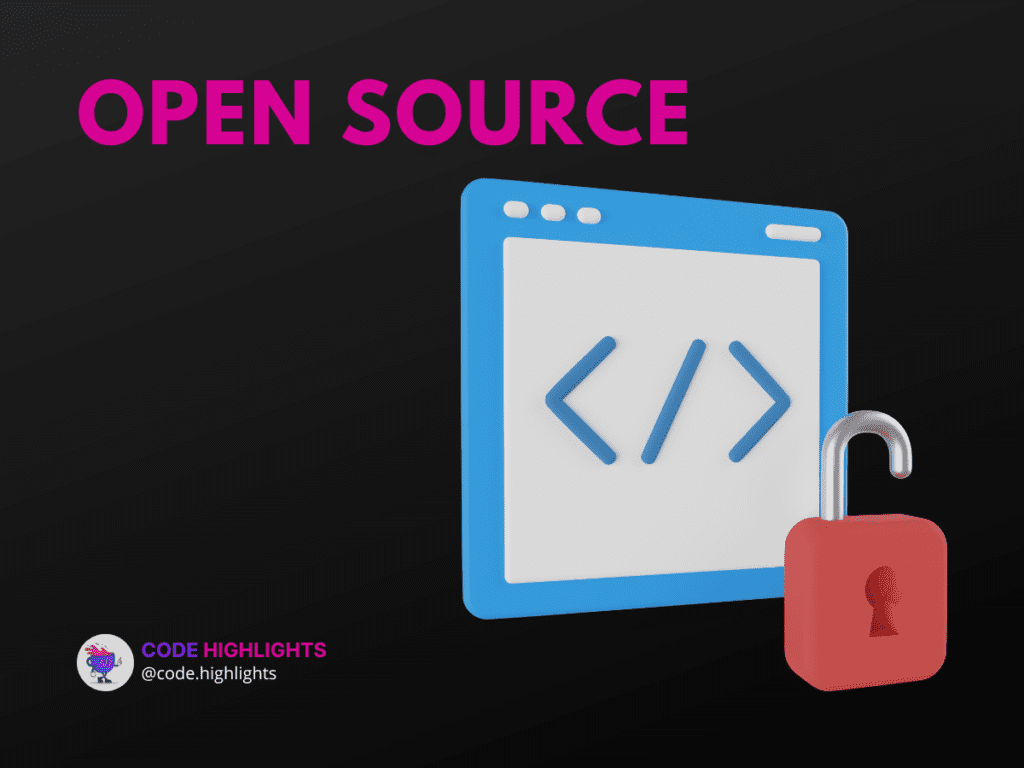
Since Go’s source code is freely available to the public, programmers are free to make any necessary modifications and add new features.
Because of this, Go is a fantastic option for developers working on low-budget projects.
5. Great for Networking and Systems Programming
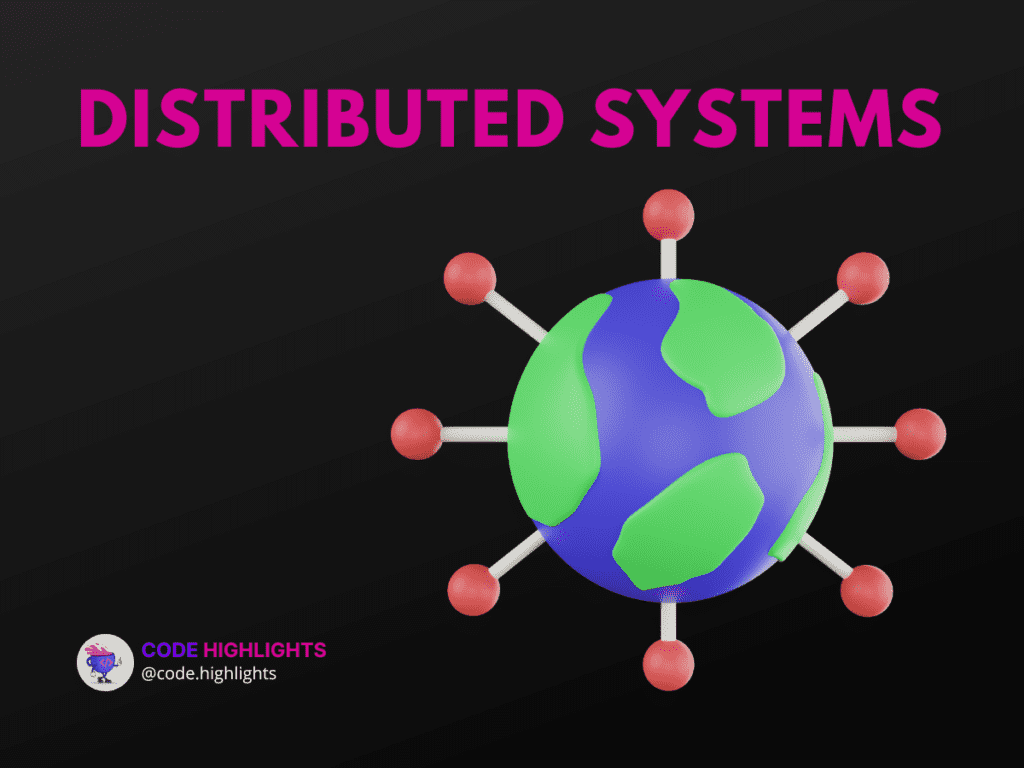
Go excels in the realms of systems and network programming. With the language’s robust in-built support for networking, creating programs that can talk to other systems and apps is a breeze.
Developers working on system-level software will find that Go’s low-level control and system-level programming features are particularly useful.
Disadvantages of Using Go
Even though there are many good things about Go, there are also some bad things to think about:
Limited number of libraries and packages
Using Go can be difficult because its supporting ecosystem is still in its infancy. Go is still relatively new, and as a result, its library and package ecosystem lag behind those of Python and Java.
There may be limits on what applications can do, and developers may have a harder time finding the right resources.
Immature ecosystem
Due to its small size and small number of libraries and packages, Go’s ecosystem isn’t as developed as that of other, more well-known programming languages.
This can hinder the future growth and development of the language by making it harder for developers to get support and resources for their initiatives.
Statically typed language
Since Go is not a dynamically typed language, all variables declared in it must have a fixed type. This can make it harder for developers to work with data and variables in real time, and makes the language less flexible compared to dynamically typed languages such as Python or Ruby.
These problems shouldn’t be ignored, but the many benefits of using Go, such as its speed, concurrency, and ease of use, make up for them. Whether or not Go is the best choice for your next project depends on your unique set of circumstances, your previous experience with programming languages, and your goals for the project.
When to Use Go
Go is a flexible language that has many potential applications. The following are some examples of typical Go applications:
1. Web Development

Go is often used to build web applications because it is fast and can be scaled up to handle a lot of user traffic.
Go is also good for building web apps with a lot of simultaneous users because it supports concurrency and makes good use of resources.
2. Data Processing
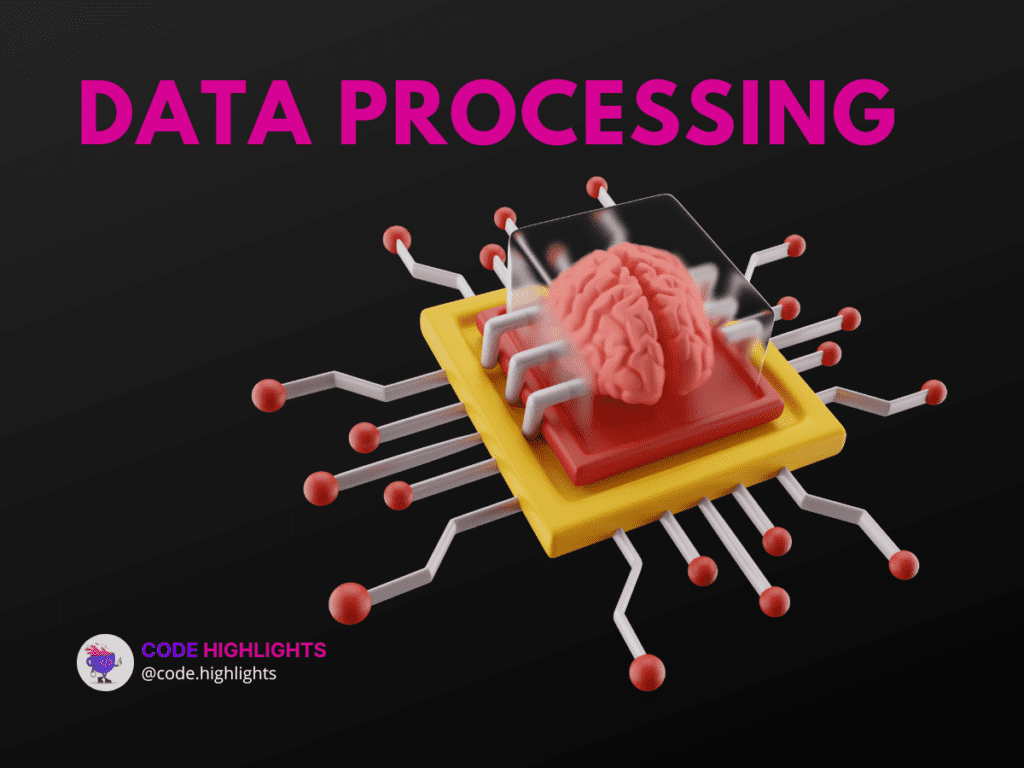
Go is a good choice for data processing applications because it is fast, efficient, and easy to learn.
Because of this, it is a popular choice for programmers who are working on data processing and machine learning apps that need a lot of computing power.
Go is often used to make servers, proxies, and routers, which are all important parts of any modern network infrastructure. This is because it has a high throughput, makes good use of resources, and can work with multiple users at once.
3. Networking and Systems Programming
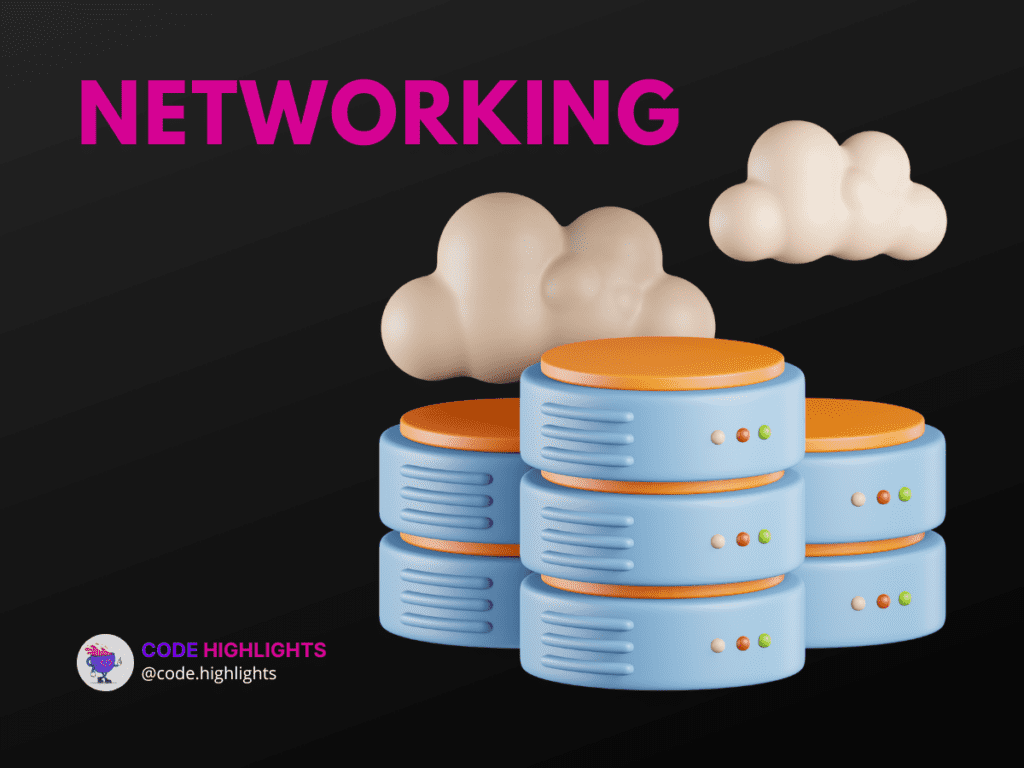
Go is a great choice for building systems and networks because it has great built-in support for networking and low-level control.
This makes it easier to make both system-level and application-level software that can communicate with other systems and apps.
4. Cloud Computing

Go’s quick, efficient, and scalable nature make it a good fit for use on the cloud.
The language is great for tasks that require a lot of computation and those that need to handle a lot of traffic.
5. Distributed Systems

Go is a great choice for building distributed systems that deal with a lot of data and user requests because it works so quickly and can grow as needed.
Go is also good for making scalable, multi-process, distributed applications because it supports concurrency well and doesn’t use many resources.
Conclusion
With respect to speed, parallelism, simplicity, and garbage collection, to name a few, Go is a cutting-edge programming language that provides many benefits to programmers. Go is a flexible programming language that can be used for many different things because its syntax is easy to understand and it works with systems that are connected to each other.
Despite its many advantages, Go does have some drawbacks that should be taken into account. There aren’t enough libraries and packages, and the ecosystem isn’t well-developed. Also, the code is statically typed. Whether or not Go is the best option for your next project will depend on the specifics of that project, your familiarity with other programming languages, and your goals and requirements.
Go is a programming language that developers are using more and more because it is fast, efficient, and flexible. Whether you’re an experienced developer or just getting started, Go’s many advantages will help you create high-performance, scalable apps that best serve your needs and goals.
Further Reading
FAQs
Is Go a good choice for web development?
Is Go a good choice for web development?
Yes, Go’s excellent native support for networking and HTTP makes it an excellent language for building websites.
Can Go be used for data processing?
Can Go be used for data processing?
Yes, Data processing is a good fit for Go since it is a quick, efficient, and easily compilable programming language.
Is Go a good choice for cloud computing?
Is Go a good choice for cloud computing?
Yes, Because of its speed, efficiency, and scalability, Go is an excellent option for use on the cloud.
Is Go a good choice for networking and systems programming?
Is Go a good choice for networking and systems programming?
Yes, Go’s excellent built-in support for networking and low-level control make it an excellent choice for systems development and networking.
Is Go a good choice for distributed systems?
Is Go a good choice for distributed systems?
Yes, Since Go includes powerful concurrency features by design, it is ideally suited for use in distributed systems.
Stay Ahead with Code highlights
Join our community of forward-thinkers and innovators. Subscribe to get the latest updates on courses, exclusive insights, and tips from industry experts directly to your inbox.


Copyright © Code Highlights 2025.
